RAID
16 Jun 2023
NVMe vs SSD: Comparing SATA based SSDs with newer NVMe options

Have you ever wondered about the differences between various SSD types and how they impact your system’s performance, cost, and size? Solid State Drives (SSDs) have become an essential component of modern computing systems, offering faster performance and greater reliability compared to traditional hard drives. In this comprehensive guide, we will explore the distinctions between
21 Mar 2023
MDADM Status Notifications: How to configure mdadm email alerts for software raid drive failures.
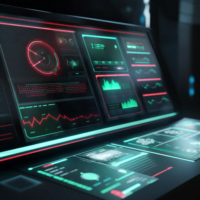
When managing a dedicated server, one crucial aspect to keep an eye on is the health of your RAID (Redundant Array of Independent Disks) system. RAID systems are like the unsung heroes of the server world, working behind the scenes to keep your data safe and accessible. Just as you’d want to know if your
04 Feb 2021
Optimal RAID Stripe Size and filesystem Readahead for RAID-10?
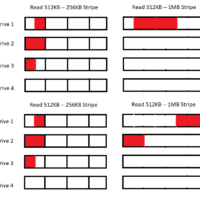
What RAID stripe size is ideal for an array of hard drives? What are the default settings for both raid stripe size and filesystem readahead? Are those defaults acceptable? How do these settings impact the performance of my server? In this post, we’ll go into detail as to what settings are ideal for a server
07 Apr 2016
What is RAID 0? — RAID striping explained
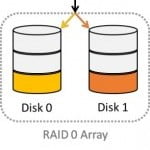
RAID – or “Redundant Array of Independent Disks” – is a strategy for data storage used on most server setups. Understanding how RAID works, how it can help you meet the needs of your business or organization, and understanding differences between RAID levels is important before setting up your server. This article discusses RAID 0
26 Feb 2016
What is RAID 5 — RAID parity explained
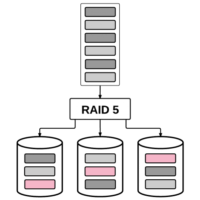
It’s hard to talk about servers without RAID coming up. If you’re considering RAID for your server and want to know if RAID 5 is right for you, or if you just want to learn more about RAID in general, you’ve come to the right place. We’ll go over that and more in this article.
22 Feb 2016
What is RAID 10 — Nested RAID levels explained

RAID is a topic that comes up a lot when discussing servers. If you’ve wondered what RAID is, why you might want it on your server, and whether RAID 10 is the best option for you, look no further. We’re going to be discussing all of that in today’s article. What is RAID? RAID, or
21 Apr 2015
Setting up Software RAID / MDADM status alert Emails for failed drives in Centos, Ubuntu, and Debian

Issues regarding software and hardware raid are no stranger to the IOFlood blog, with articles discussing the relative merits of each, articles discussing why raid is important (and so are backups), and so on. But RAID only provides protection against failed drives if you realize a drive has failed and replace it. Often times, a
01 Feb 2015
How should I protect my dedicated server – backups, or RAID?
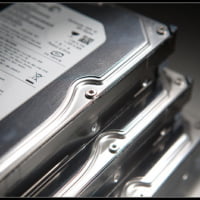
In the rush to get by with daily life, often we don’t think much about how our data is stored. But as anyone who has experienced a hard drive failure can tell you, once you’ve lost your data, you wish you had done something to keep it safe to begin with. So often times, we
20 Dec 2014
CloudFlare agrees: Disk performance is improved when you get rid of hardware raid
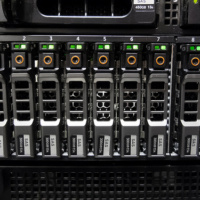
I know this article is a little old, but I wanted to bring it up as it raises an interesting point. We’ve had a few articles here about hardware raid, detailing when we think it’s a good idea, and when it’s a waste of money (or worse). In general, if you’re looking for “big DD
04 Jun 2013
Update: Hardware vs Software RAID: The great debate.
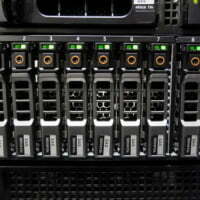
Hi Everyone, If you recall our previous article Hardware raid or software raid? Our take on the great religious debate, we made the case that hardware raid served virtually no purpose, and software raid was better in all important ways. Although we still find most of the information in that article to be true, we are
- 1
- 2